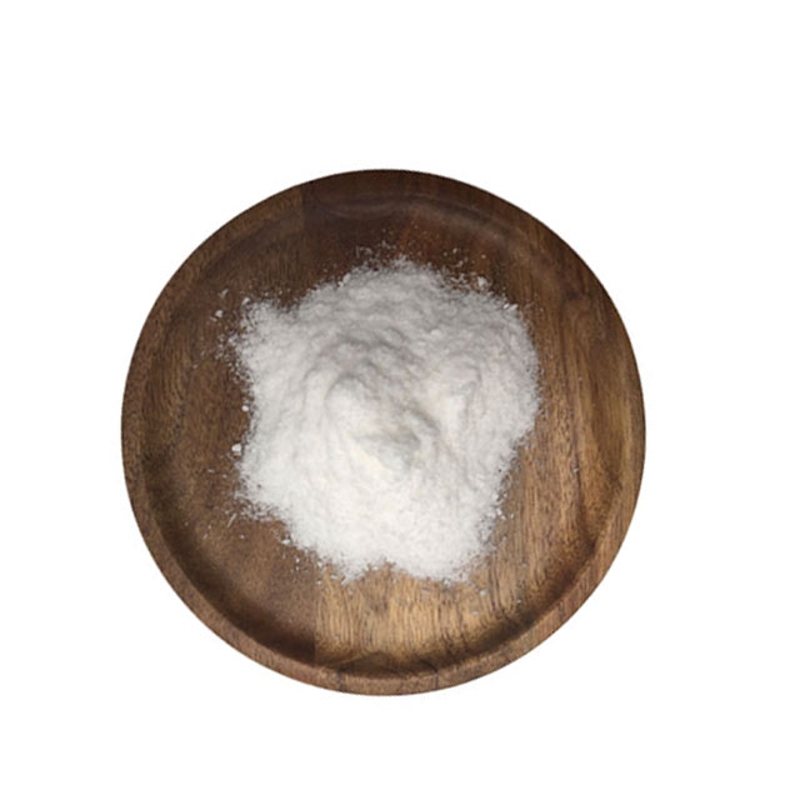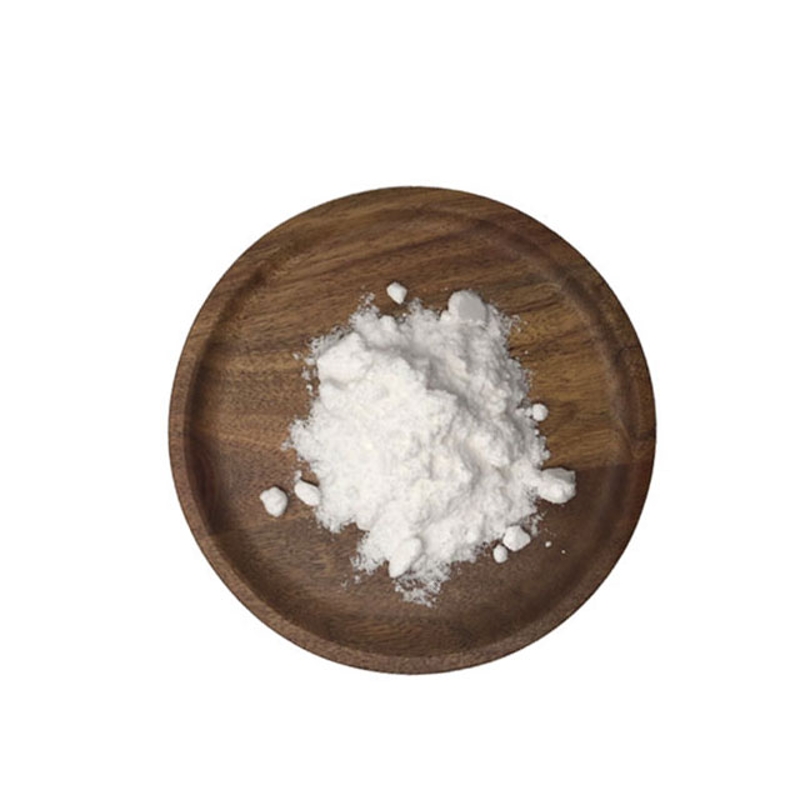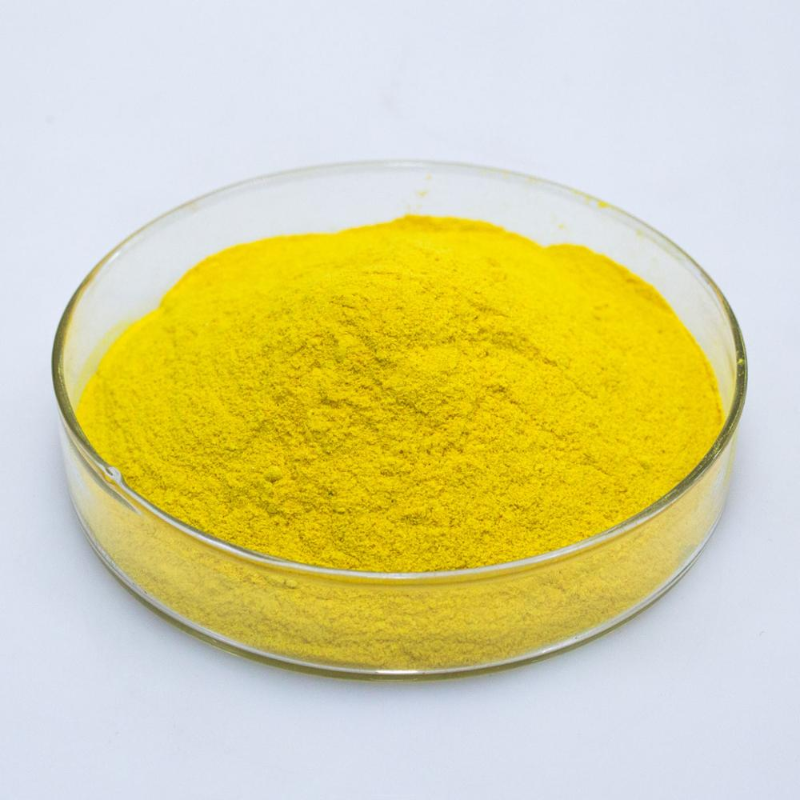-
Categories
-
Pharmaceutical Intermediates
-
Active Pharmaceutical Ingredients
-
Food Additives
- Industrial Coatings
- Agrochemicals
- Dyes and Pigments
- Surfactant
- Flavors and Fragrances
- Chemical Reagents
- Catalyst and Auxiliary
- Natural Products
- Inorganic Chemistry
-
Organic Chemistry
-
Biochemical Engineering
- Analytical Chemistry
- Cosmetic Ingredient
-
Pharmaceutical Intermediates
Promotion
ECHEMI Mall
Wholesale
Weekly Price
Exhibition
News
-
Trade Service
May 4, 2020 / / -- Early treatment of rhesus monkeys infected with coronavirus SARS-CoV-2 with the antiviral drug Redsyvir can significantly reduce clinical disease and lung damage, scientists at the National Institutes of Health say.
the study was designed to follow the dose and treatment procedures for hospitalized COVID-19 patients in large multi-center clinical trials led by the National Institutes of Allergy and Infectious Diseases (NIAID) at the National Institutes of Health.
scientists released the work on the preprint server bioRxiv.
these findings have not been peer-reviewed and should not be considered clinical recommendations, but are being shared to help public health respond to COVID-19.
March 21, the same team of NIAID scientists published a study on bioRxiv detailing the development of rhesus monkey models in mild to moderate human diseases.
photo source: Researchers at Gilead Sciences and NIAID-supported Research, developed by bioRxiv, are currently studying two groups of six rhesus monkeys.
group of monkeys were treated with Redsiway, while the other animals were treated as untreated control groups.
scientists infected two groups of monkeys with SARS-CoV-2.
12 hours, the treatment group received an intravenous dose of Redsyve and then an intravenous booster daily for the next six days.
scientists scheduled the initial treatment shortly before the virus reached its highest level in an animal's lungs.
12 hours after the initial treatment, the scientists examined all the animals and found that the six animals treated were significantly healthier than the untreated animals, a trend that remained in the seven-day study.
reported that one of the six animals treated had mild breathing difficulties, while the six animals that had not been treated had shortness of breath and difficulty.
the number of viruses found in the lungs of the treatment group decreased significantly compared to the untreated group, and THE-CoV-2 caused less damage to the lungs than in the untreated group.
the researchers note that these data support the early on-start of Redsyve treatment in COVID-19 patients to achieve maximum therapeutic results.
niAID also point out that while Redsyvir helps prevent pneumonia, it does not reduce virus shedding in animals.
: "This finding is important for patient management and clinical improvement should not be interpreted as less contagious.
" () Reference: Antiviral remdesivir prevents disease progression in monkeys with COVID-19Brandi N. Williamson et al. Clinical benefit of remdesivir in rhesus macaques infected with SARS-CoV-2, bioRxiv (2020). DOI: 10.1101/2020.04.15.043166.







